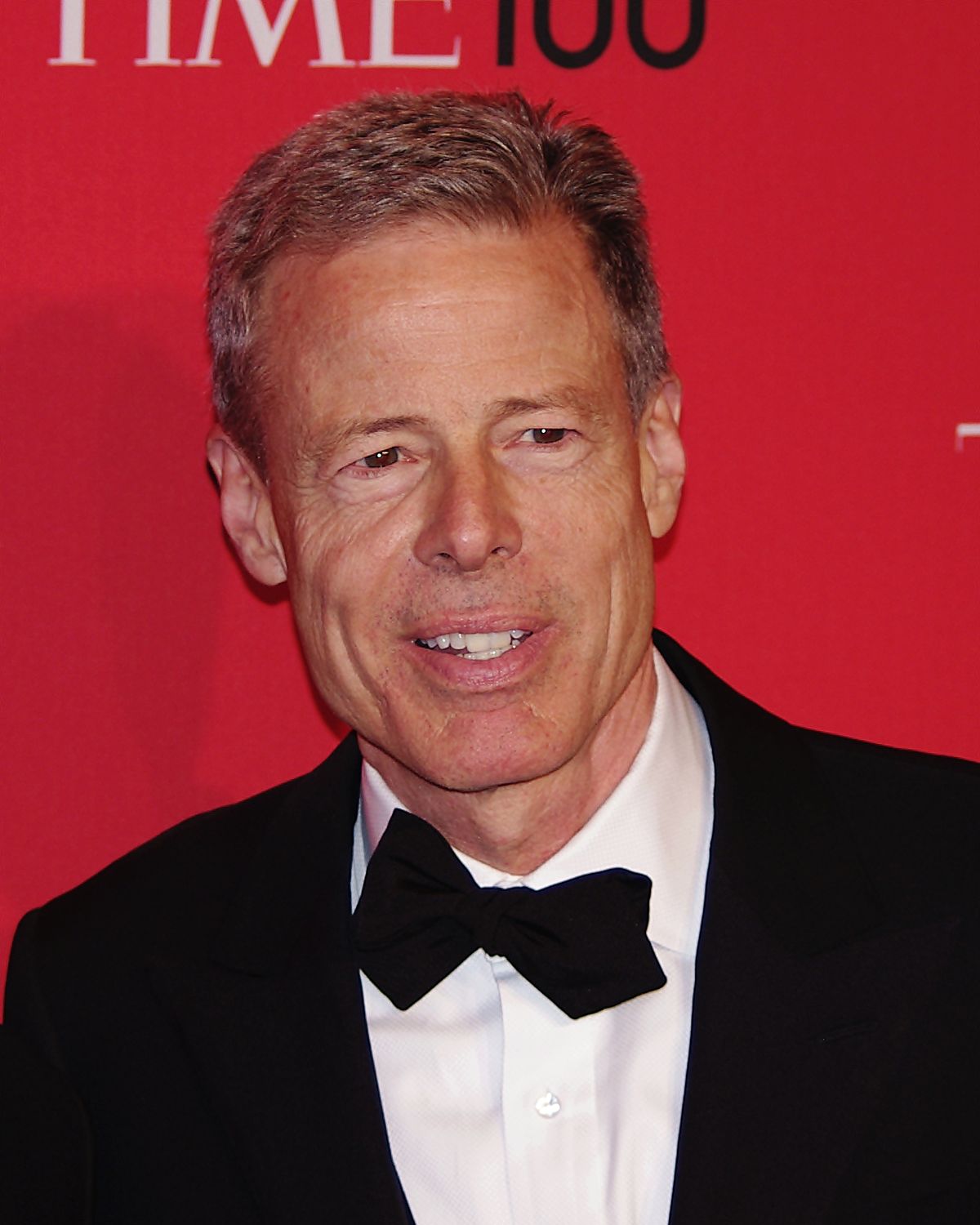
Wikimedia Commons
As an undergraduate, Jeffrey Bewkes ’74 spent his weeknights in Linsly-Chittenden Hall watching horror movies at a film exhibition society led by his classmates William Moseley ’74 and Gary Lucas ’74. Now Bewkes is CEO and chairman of Time Warner Inc. and chair of the Yale Corporation’s Finance Committee — a role he will step down from this July as he finishes his 12th year as a trustee.
Bewkes’ company owns CNN, which President Donald Trump often refers to as “Fake News CNN.” Bewkes is currently in the midst of a suit leveled by Trump’s Justice Department in Washington to block an $85 billion merger between Time Warner and AT&T.
Asked about his thoughts on Trump’s comments about CNN, Bewkes said it is hard to respond responsibly without “adding fuel to the fire” but that CNN and Time Magazine strive to report accurately.
“People argue everyday about whether we failed or succeeded in trying to do that,” Bewkes explained. “Right now, we’re in the news, we’re having a lawsuit. It’s kind of sensitive for me to being going into print talking about the contest between CNN and the president.”
As chair of the Finance Committee, Bewkes said he serves as a “sounding board” for the president, provost and vice president for finance on issues of budgeting and fiscal planning. But he emphasized that the decisions on the allocation of resources are led by University President Peter Salovey and other academic officers. According to Vice President for Finance and Chief Financial Officer Stephen Murphy, Bewkes speaks with Murphy, University Provost Benjamin Polak and Senior Vice President for Operations Jack Callahan in advance of Corporation meetings to discuss the agenda.
“What the role of a trustee or the board is to ensure that there’s proper governance … and to develop the resources for [Yale] to make sure that we’re attracting the right people, whether it be the students or the faculty or the administrators,” Bewkes said. “In modern society — [the] 21st century — in order to be able to understand, shape society and work in it, you need to be able to keep educating yourself.”
University President Peter Salovey said Bewkes has been “an indispensable and wise advisor” and praised his knowledge of the University and his financial expertise.
Indeed, with a decade at the helm of Time Warner under his belt, Bewkes brings significant experience in long-term business planning to the Corporation. According to Bewkes, fiscal planning for a University tends to be simpler than budgeting for businesses, as nonprofits do not have to account for competition, whether customers want to buy a particular product or service, fluctuations in prices and other uncertainties.
Long before Bewkes served on the Corporation, he studied philosophy at Yale with dreams of becoming a reporter. At the time, he said, he thought television news was, by nature, shallower than print but decided he was not prepared to begin a career in print journalism. After he graduated, he landed a position at NBC, where he worked as a researcher on a documentary about handgun proliferation. Soon, Bewkes said, he found his passion in the management and economic planning of television news.
Although he graduated from Yale with no plans — nor, in his words, the grades — to attend graduate school, Bewkes ended up earning a Master of Business Administration degree at Stanford Graduate School of Business in 1977.
Hailey Fuchs | hailey.fuchs@yale.edu







